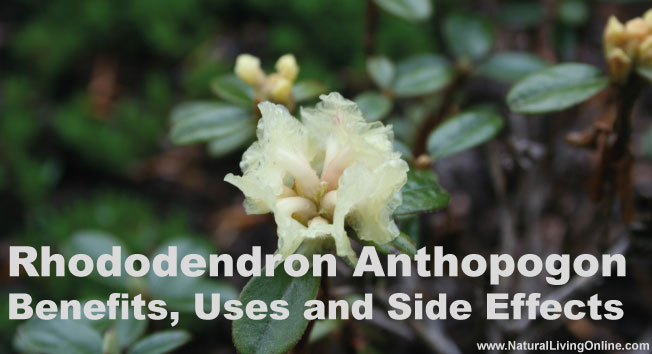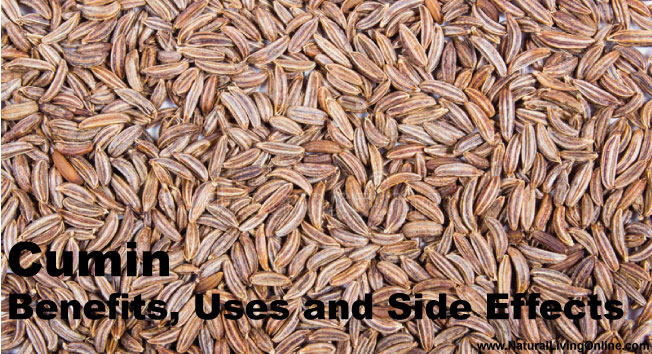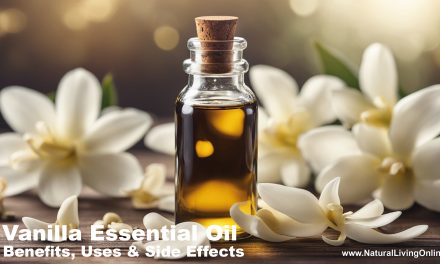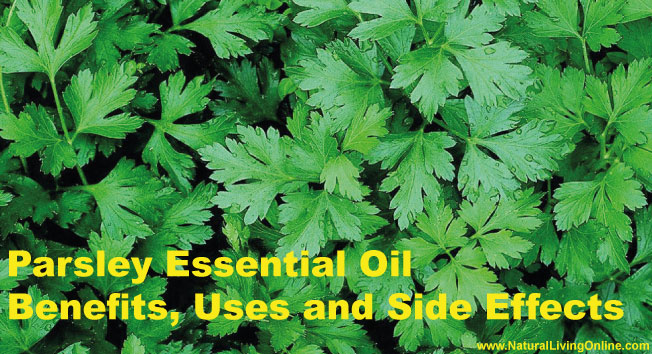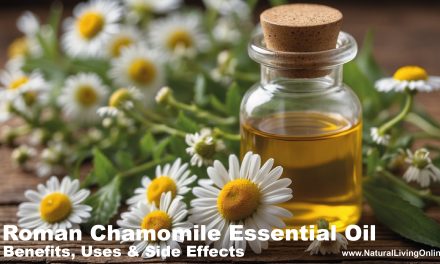Rhododendron Anthopogon is an evergreen shrub that grows in the Himalayan region. The oil is extracted from the leaves and flowers of the plant. Rhododendron Anthopogon Essential Oil has a sweet, floral aroma with a hint of spice. It is used in aromatherapy for its calming and relaxing properties.
Essential Oil Profile / Monograph
Botanical Name: Rhododendron Anthopogon
Common Names: Himalayan Rhododendron, Indian Rosebay
Plant Family: Ericaceae
Countries of origin: Pakistan, Nepal, India
Extraction Method: Steam distillation
Parts Used: Flowers, leaves
Essential Oil smell: Sweet, floral, spicy
Essential Oil Color: Pale yellow to greenish
Viscosity: Medium
Perfumery Note: Middle
Strength of Aroma: Strong
Blends Well With: Bergamot, clary sage, lavender, lemon, neroli, orange, ylang-ylang
Therapeutic Properties: Antidepressant, anti-inflammatory, antispasmodic, astringent, calmative, carminative, cicatrizant, expectorant, sedative
Uses: Aromatherapy, massage therapy
Contraindications: None known
Side Effects: Rhododendron essential oil is generally considered safe for most people. However, the oil can cause skin irritation in some people. If you experience any side effects, stop using the oil and consult a healthcare professional.
Chemical Constituents:
Linalool (26%), geraniol (16%), limonene (15%), camphene (12%), pinene (11%)
What is Rhododendron?
Rhododendron is a genus of flowering plants that includes over 1000 species of woody shrubs and small to large trees. The majority of Rhododendron species are native to Asia, with many also found in the Himalayas, Pakistan, Indonesia, Malaysia, and Australia. The name Rhododendron comes from the Greek words rhodos, meaning “rose”, and dendron, meaning “tree”.
Benefits
Rhododendron essential oil has a sweet, floral aroma with a hint of spice. It is used in aromatherapy for its calming and relaxing properties. The oil is also said to be helpful in relieving anxiety and stress.
Uses
The oil can be used in diffusers, vaporizers, or applied topically to the skin. It can also be added to lotions, creams, and soaps.
Historical use
Rhododendron has been used medicinally for centuries in the Himalayan region. The oil was traditionally used to treat colds, coughs, and respiratory infections. It is also said to be helpful in relieving anxiety and stress. In Nepal the leaves are boiled and vapors are inhaled to treat cold and coughs. Its flowers are also used to make herbal tea.
Topical use
Rhododendron essential oil can be applied topically to the skin. It should be diluted with a carrier oil before application.
Rhododendron Essential Oil benefits for skin
The oil is said to be helpful in treating acne, eczema, and other skin conditions. It is also said to be beneficial in promoting wound healing.
Rhododendron Essential Oil benefits for hair
The oil is said to be beneficial in treating scalp conditions and promoting hair growth.
Aromatherapy benefits
The oil is said to be helpful in reducing anxiety and stress, and promoting relaxation. It can be used in diffusers, vaporizers, or applied topically to the skin.
Diffuser blends for aromatherapy with Rhododendron Essential Oil
Rhododendron and Bergamot: This blend is said to be helpful in reducing stress and promoting relaxation.
Rhododendron and Clary Sage: This blend is said to be helpful in relieving anxiety and promoting relaxation.
Rhododendron and Lavender: This blend is said to be helpful in reducing stress and promoting relaxation.
Rhododendron and Lemon: This blend is said to be helpful in refreshing the mind and body.
Rhododendron and Orange: This blend is said to be helpful in promoting relaxation and uplifting the mood.
Rhododendron and Peppermint: This blend is said to be helpful in refreshing the mind and body.
Rhododendron and Ylang Ylang: This blend is said to be helpful in reducing stress and promoting relaxation.
DIY recipes with Rhododendron Essential Oil
Rhododendron Essential Oil Soap: This soap recipe is said to be helpful in treating acne, eczema, and other skin conditions. Add a few drop of essential oil into your liquid bodywash and shampoo.
Rhododendron Essential Oil Lotion: This lotion recipe is said to be helpful in treating dry skin, eczema, and other skin conditions. Add a few drops of essential oil into your favorite lotion.
Rhododendron Essential Oil Sugar Scrub: This sugar scrub recipe is said to be helpful in exfoliating the skin and promoting cell turnover. Add a few drops of essential oil into your sugar scrub recipe.
Frequently Asked Questions
Who should not use Rhododendron oil?
People with sensitive skin should not use Rhododendron oil.
Does Rhododendron oil interact with any medicine?
There is no known interaction between Rhododendron oil and medicine. However, it is always advisable to consult a healthcare professional before using any essential oil.
Is it OK to breathe in Rhododendron oil?
Yes, it is safe to inhale Rhododendron oil.
Is it OK to breathe in Rhododendron oil?
Yes, it is safe to inhale Rhododendron oil.
Can I use Rhododendron oil on skin?
Rhododendron oil can be used on the skin. However, it should be diluted with a carrier oil before application.
How can I use Rhododendron oil for cold and cough?
Rhododendron oil can be used for cold and cough. Add a few drops of the oil to a diffuser or vaporizer, or apply it topically to the chest and back.
References:
Chemical Composition and Biological Properties of Rhododendron anthopogon Essential Oil
This website does not provide medical advice.
All information provided on this website, and on associated social media networks, including but not limited to texts, images, and numbers are for general information purpose only. It is not intended as medical advice and it does not include all possible precautions, side effects, or interactions that may occur. Neither NaturalLivingOnline.com nor its author/founder take responsibility for how you use this information. Statements contained on NaturalLivingOnline.com have not been evaluated by the FDA. You should conduct thorough research via multiple sources and consult your physician or qualified doctor before using any essential oil or herbal remedy. Information on NaturalLivingOnline.com must not be relied upon for medical, legal, financial or other decisions.

